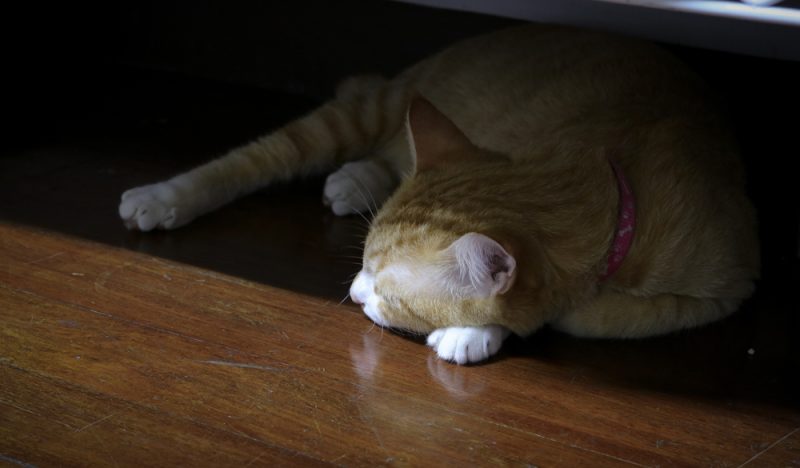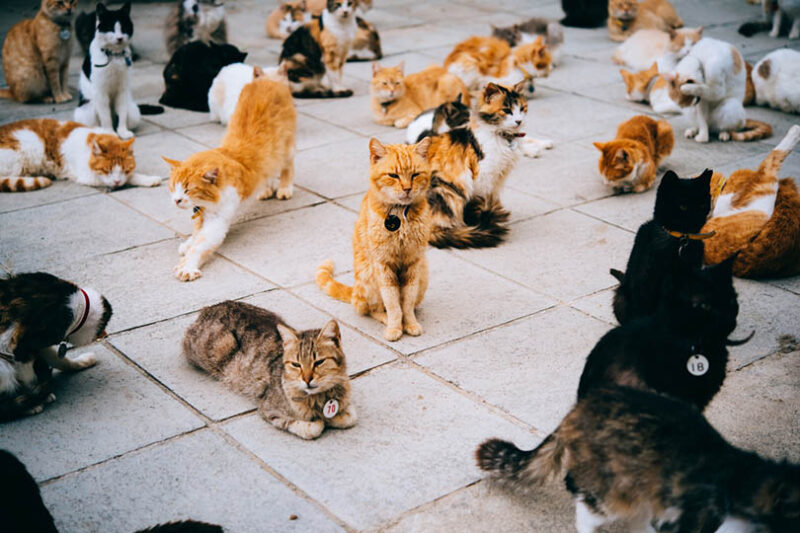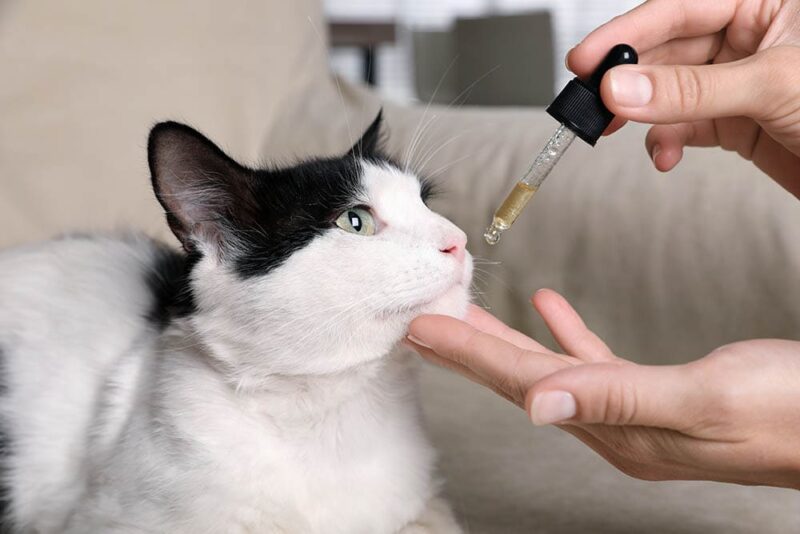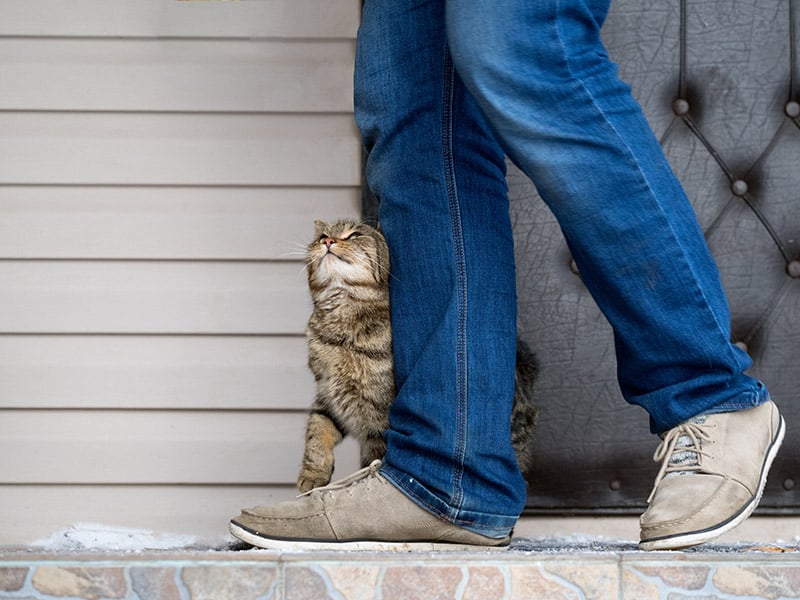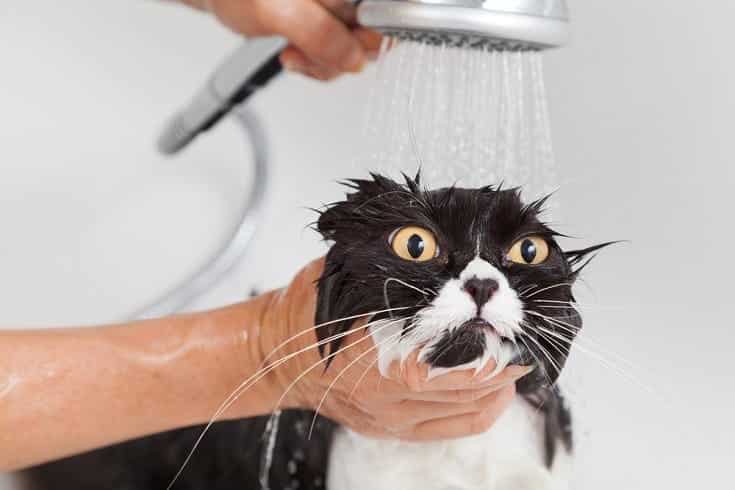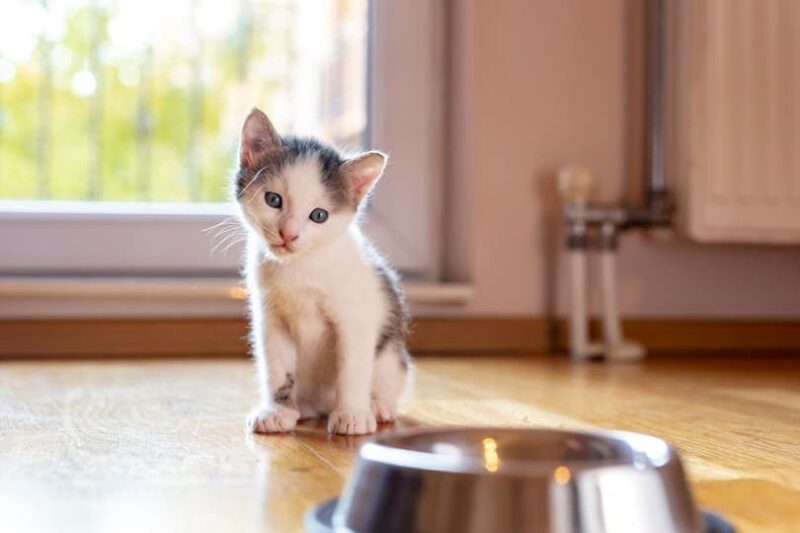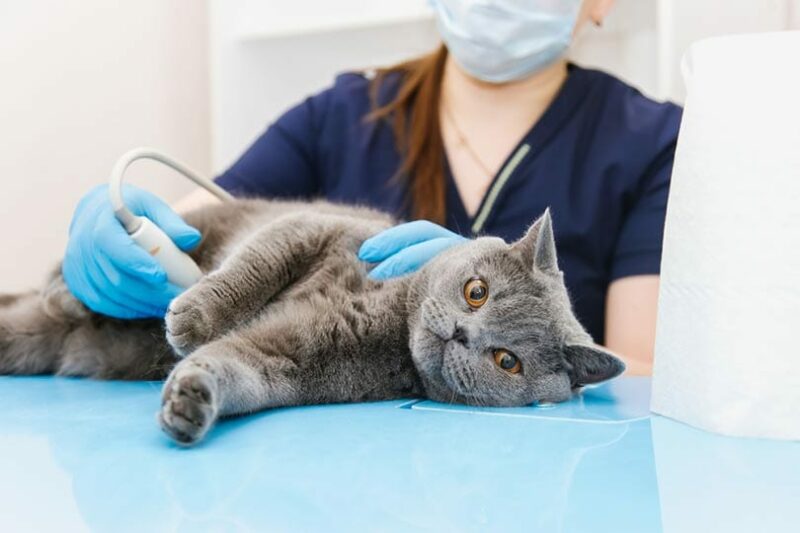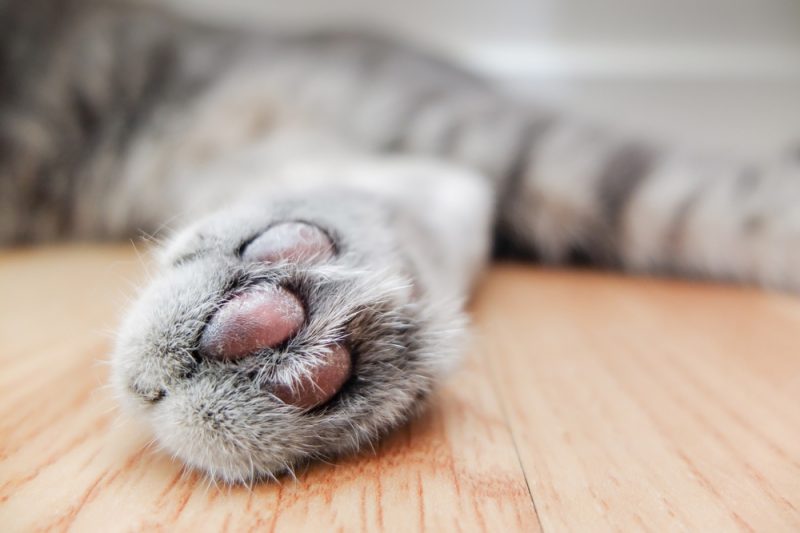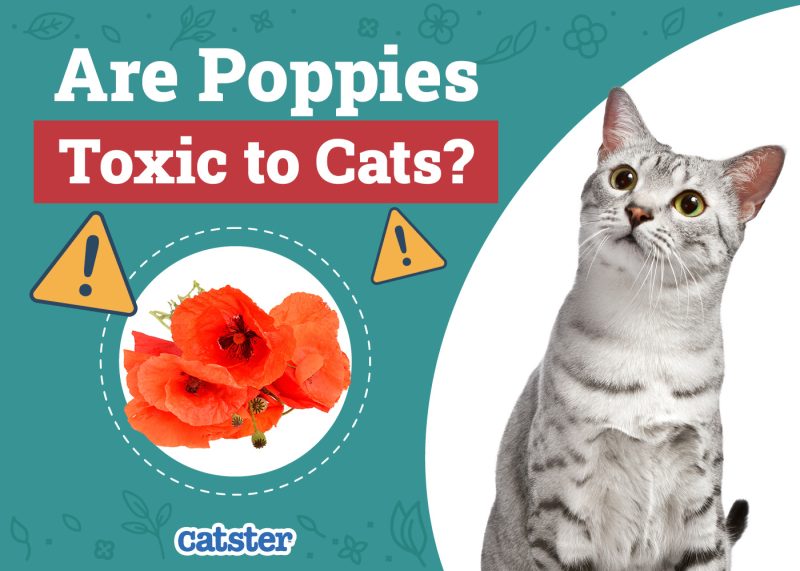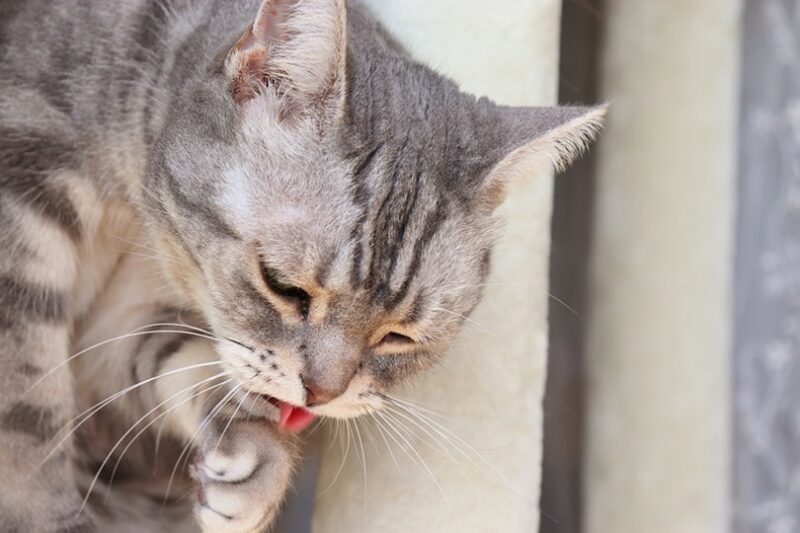Bringing a new adult cat into your home poses different challenges. Marilyn Krieger, certified cat behavior consultant (thecatcoach.com) and author of Naughty No More!, shares her expertise for recognizing and managing behaviors and helping your new companion to better “feel the love.”
The 5 Things to Know About Bringing an Adult Cat Into Your Home
1. Newly adopted cats often hide and shun their new people.

“They need to have their quiet rooms where no other resident animals are allowed,” Marilyn says. “Help him emerge by creating a safe and secure space with boxes to hide in, vertical territory to climb, scratching posts, comfortable sleeping spots, food, water and a litter box.”
Never force a shy adult cat to socialize, Marilyn adds. “Leave him alone at least for the first 24 hours so he can explore his space alone,” she says. “After he’s accustomed to his new space, one person can enter the room and sit on the floor. Make positive associations and connections through food, play, a clean litter box, etc.”
2. Resident cats commonly fight with newcomers.
“Cats are territorial and understandably don’t readily accept new cats,” Marilyn says. “People often make the mistake of introducing newly adopted cats to the resident pets too quickly. Once a new cat is used to his room, introduce him to the resident animals slowly. Often it can take a month or longer.”
3. The new cat doesn’t want to be petted.
Never corner, pick up or pet a cat against his will, Marilyn says. “Instead, crouch at a distance and point your index finger at cat-nose level toward him,” she adds. “If he wants to say hello, he will come to your finger, touch it with his nose and turn his head and rub you with his cheek. If he starts to feel a little insecure, he’ll retreat. Other opportunities will come as he feels more secure. Delicious cat treats and food can be effective persuaders!”
4. The new cat won.t eat.
“Depending on the level of stress, many cats stop eating when first introduced into the new home,” Marilyn says. “If a cat doesn’t eat for 24 hours, he needs veterinary intervention. Encourage eating with good quality, highly aromatic food heated up to room temperature. Find out what treats/food the cat enjoyed before surrendered. Sprinkling the food with dehydrated chicken or another meat sometimes jump-starts an appetite. Place the food bowl in a quiet, easily accessible area. Cats who hide may start eating if their food dish is put at their hiding spot entrance. Give the newbie some privacy; often they will eat when no one is around.” If your cat won’t start eating after a while, you should contact a veterinarian and ask for advice.
Need veterinary advice but can't get to the clinic? Catster recommends PangoVet, our online veterinary service. Talk to a vet online and get the answers and advice you need for your cat without having to leave your living room — all at an affordable price!

5. What can new owners do to stop unwanted behaviors?
Cats always have reasons for their behaviors — they don’t happen in a vacuum, Marilyn says. “Many things cause unappreciated behaviors — medical issues, history, poor litter box management, household turmoil, how the cat is approached and handled, inter-cat issues and many others.” Any behavior change requires a visit to the veterinary clinic.
“Only after all possible medical causes have been ruled out should the problem be approached as behavioral,” Marilyn says. “Change the behavior by identifying its causes and addressing it through environment and behavior modification. Punishing cats for undesirable behaviors causes stress and often escalates behaviors, creates other problem behaviors and strains or breaks the human-animal bond. Veterinary behaviorists and certified cat behavior consultants can help figure out unwanted behaviors and offer solutions.”
Thumbnail: Photography by bbbrrn/Thinkstock.
Related Reads:
- Cat Adoption Checklist: Are You Really Ready for Cat Adoption?
- How to Catify Your Home to Welcome a New Cat
- Your Checklist for Bringing a New Cat Home
Featured Image Credit: Daronk Hordumrong, Shutterstock
